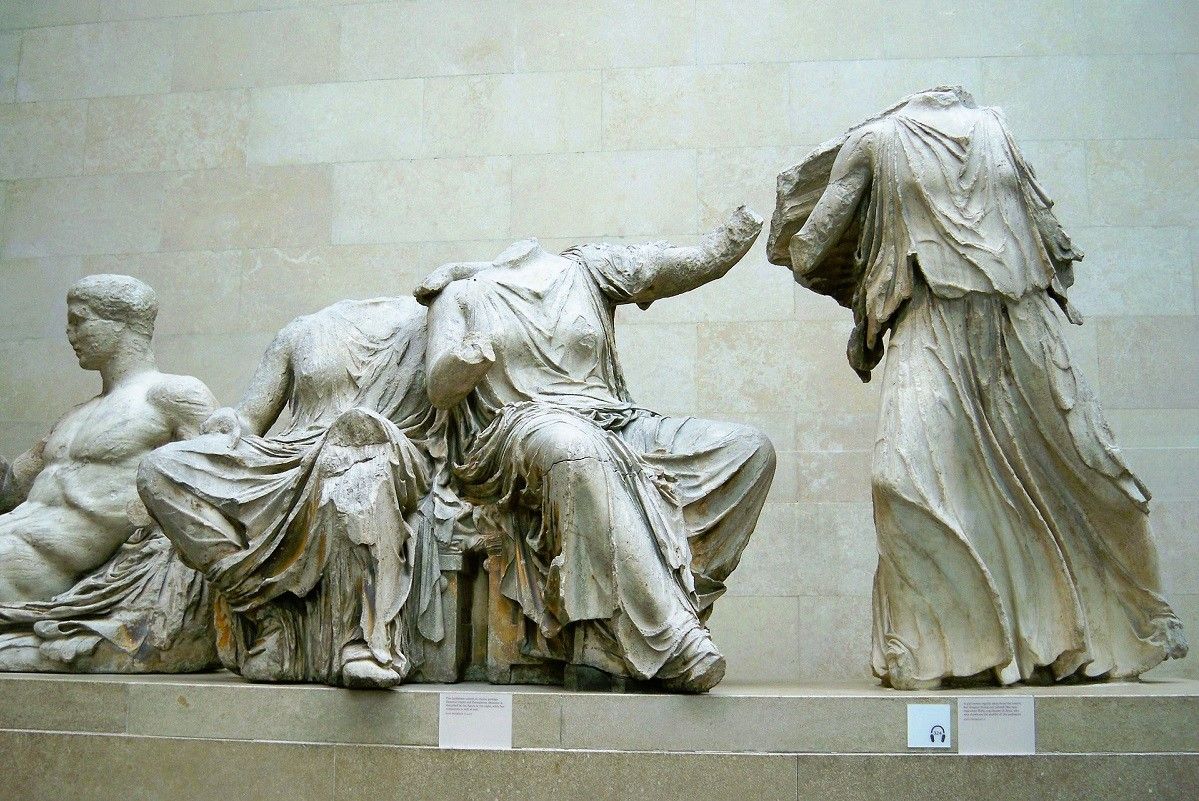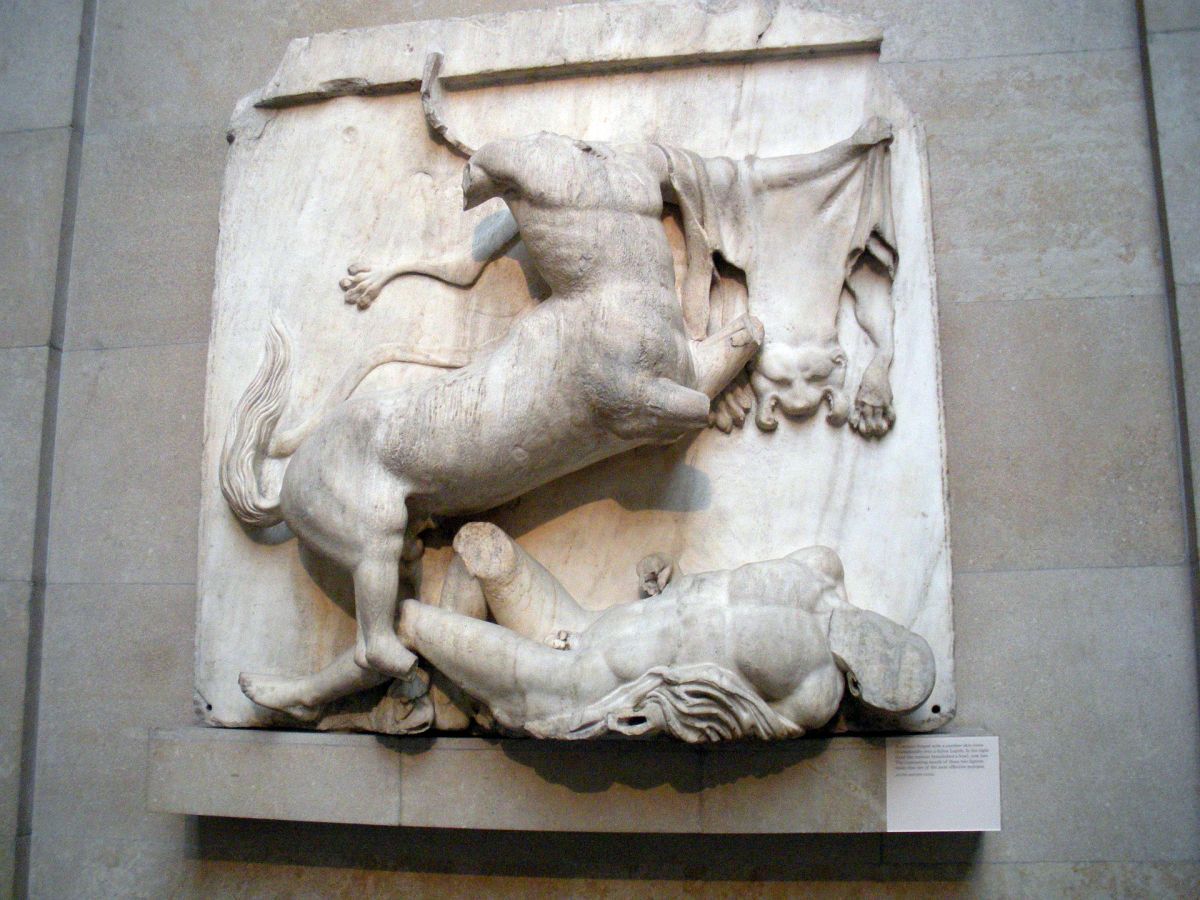World Media: London-Athens Close to Deal Over Parthenon Marbles’ Return
The British Museum confirmed that it was in “constructive discussions” with Athens for the return of the Parthenon Marbles to Greece as part of a cultural exchange program, foreign media report.
“We’ve said publicly, we’re actively seeking a new Parthenon partnership with our friends in Greece and as we enter a new year constructive discussions are ongoing,” the British Museum said in a statement.
However, under British law, antiquities cannot be given away by museums, which would mean that any possible return of the ancient Greek sculptures would be a loan.
Meanwhile, there has been no official announcement in Athens with regard to an agreement with London over the temporary return of the 2,500-year-old marble sculptures which have been the subject of dispute for over three decades.
On the contrary, Greek government spokesperson Yiannis Economou denied on Wednesday that there had been further discussions with the British government on the issue, adding that Greece’s request for the return of the art works was ongoing.
“There has been no newer communication with government officials. Our constant pursuit is the reunification of the Parthenon sculptures,” he said.

Sculptures from the west pediment of the Parthenon on display in Room 18 in the British Museum. Photo source: British Museum
According to the Telegraph, however, British Museum Chairman George Osborne has already drawn up an agreement with Athens for the return of the Greek treasures 200 years after their illegal removal from the Parthenon in Athens.
In August, the British Museum had proposed an “active Parthenon partnership” with Greece on the thorny issue.
Meanwhile, in an interview to the Guardian, British actor and writer Stephen Fry said “the removal of the Parthenon sculptures could be compared to removing the Eiffel Tower from Paris or Stonehenge from Salisbury. I think this comparison speaks to the cultural importance of the Parthenon sculptures, which are an indelibly evocative symbol of Greek heritage and identity.”
Fry, who is one of many advocating for the return of the Greek art works, said there was a “win-win” solution: a cultural partnership under which other Greek artifacts would be exhibited in the UK for the first time.
“I want the British Museum to continue in its role as a ‘museum of the world’, showcasing magnificent Greek artifacts as part of rotating exhibits. But the Parthenon sculptures must be reunified – permanently – in Athens,” he said.
Greece and the international community have repeatedly called on the British Museum to return them to their place of origin.








To be fully appreciated the Parthenon marbles should be admired in their place of origin.